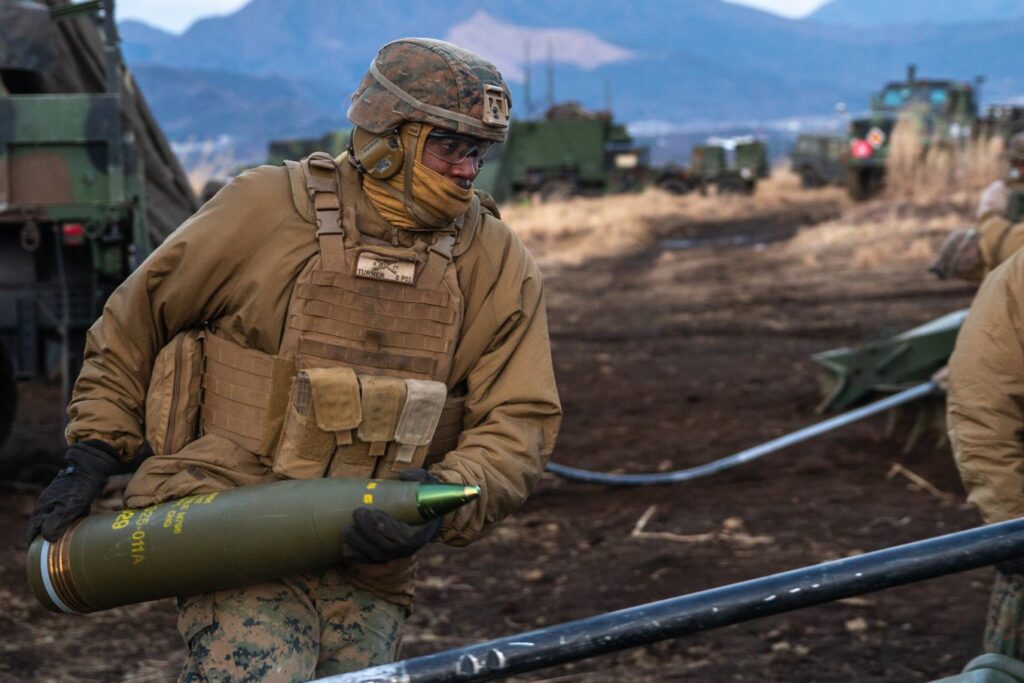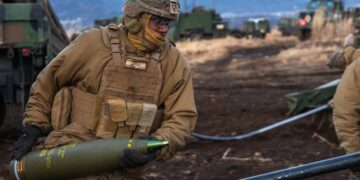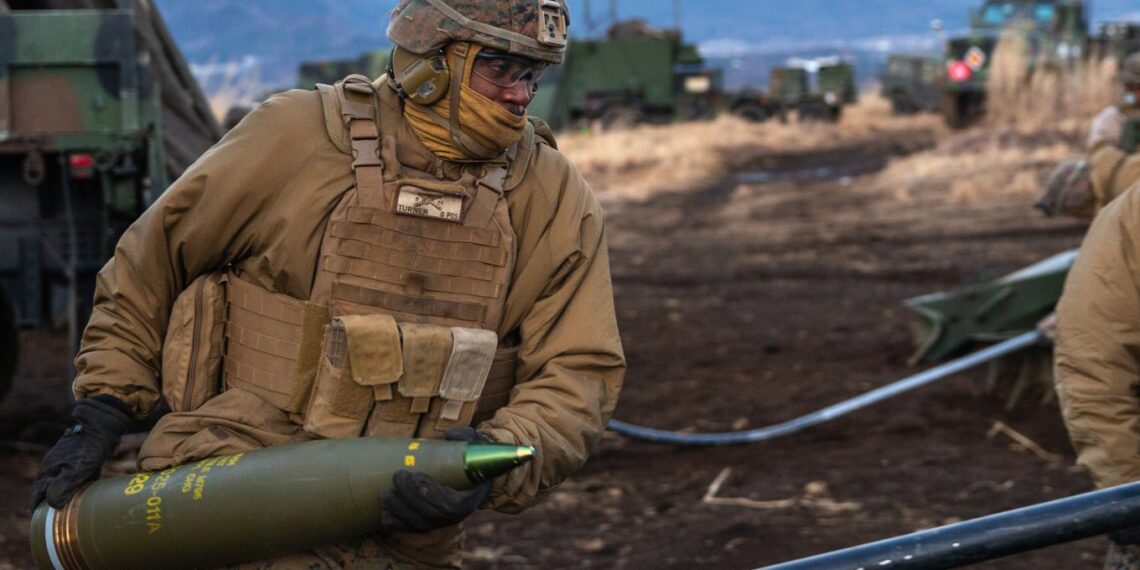US Resumes TNT Production After nearly four decades of relying on imports, the United States is resuming domestic production of Trinitrotoluene (TNT), a critical explosive used in a wide range of munitions, from artillery shells to hand grenades. The new initiative marks a significant shift in US defense policy, aimed at bolstering the nation’s ammunition supply and reducing dependence on foreign sources for vital military materials.

New Plant in Kentucky: A Major Step Forward
The decision to restart TNT production comes as the US military faces growing demand for munitions amid rising global tensions. The new TNT production facility will be constructed in Graham, Kentucky, and was recently announced by Senator Mitch McConnell. The plant is scheduled to begin operations in November 2028, marking the first domestic production of TNT since the last facility was shuttered in 1986.
This facility represents a strategic investment in the US defense industrial base, addressing a longstanding gap in the supply chain. For years, the United States had been importing TNT, which limited the availability of explosives due to supply constraints. In 2023, the US Army placed an order for 35,000 tons of TNT, valued at $1.5 billion, despite the actual estimated need being closer to 66,000 tons.
Financial and Technological Investments
The total investment for the new TNT plant is projected at $435 million. The facility will be designed with advanced automation and waste-neutralization technologies, reflecting modern environmental and efficiency standards. Despite the scale of the project, the plant is expected to employ only about 50 workers, highlighting the increased reliance on automation in modern explosives manufacturing.
The establishment of this plant is part of a broader, multi-billion-dollar national initiative to enhance the production capacity of American munitions. This program aims to expand the country’s ability to produce not only explosives but also the associated equipment and materials required for a robust defense sector.
Expanding Ammunition Production Capacity
In addition to the TNT plant in Kentucky, the Radford Army Ammunition Plant in Virginia is also set to expand its production capabilities. This facility will include a new explosives production line focused on blasting charges, further strengthening the US munitions supply chain.
Furthermore, six additional facilities are planned to enhance the country’s overall defense manufacturing infrastructure:
- Two shell production plants
- Two explosives equipment production plants
- Two powder production plants
As of 2022, the US had only two operational factories producing shells and one facility manufacturing explosives equipment. The new expansions will significantly bolster this capacity, aligning with the government’s goal to modernize and scale up its defense manufacturing capabilities.
Strategic Context and Implications
The revival of domestic TNT production comes at a time when the United States is increasing its focus on national defense readiness. The move reflects broader concerns about supply chain vulnerabilities and the need for self-sufficiency in critical military supplies. Given the growing demands of the international defense landscape, particularly with ongoing conflicts and the need to support allies like Ukraine, the new production capabilities are expected to play a pivotal role.
The new TNT plant is a key part of the US strategy to address current and future military needs. It complements other defense initiatives, such as the integration of advanced radar systems like LTAMDS with the Patriot missile defense system, which aims to enhance the effectiveness of US air defense capabilities.
The decision to resume domestic production of explosives underscores the importance of a resilient defense industrial base, especially as the United States continues to engage in global military support and prepares for potential new conflicts. By investing in state-of-the-art facilities and scaling up production, the US aims to ensure a steady and reliable supply of munitions for its armed forces.
Follow us on:














